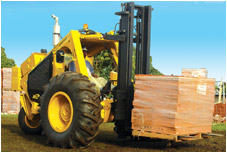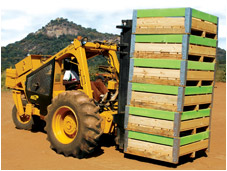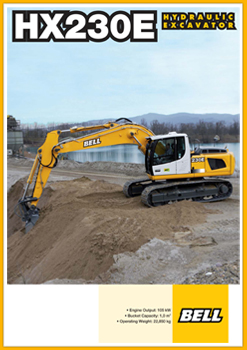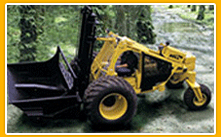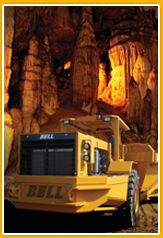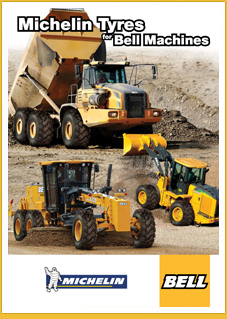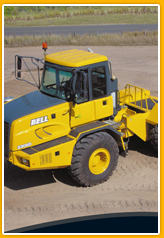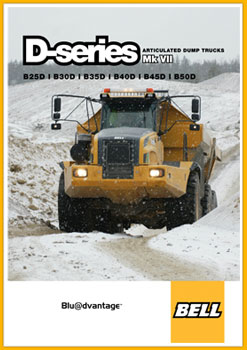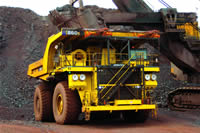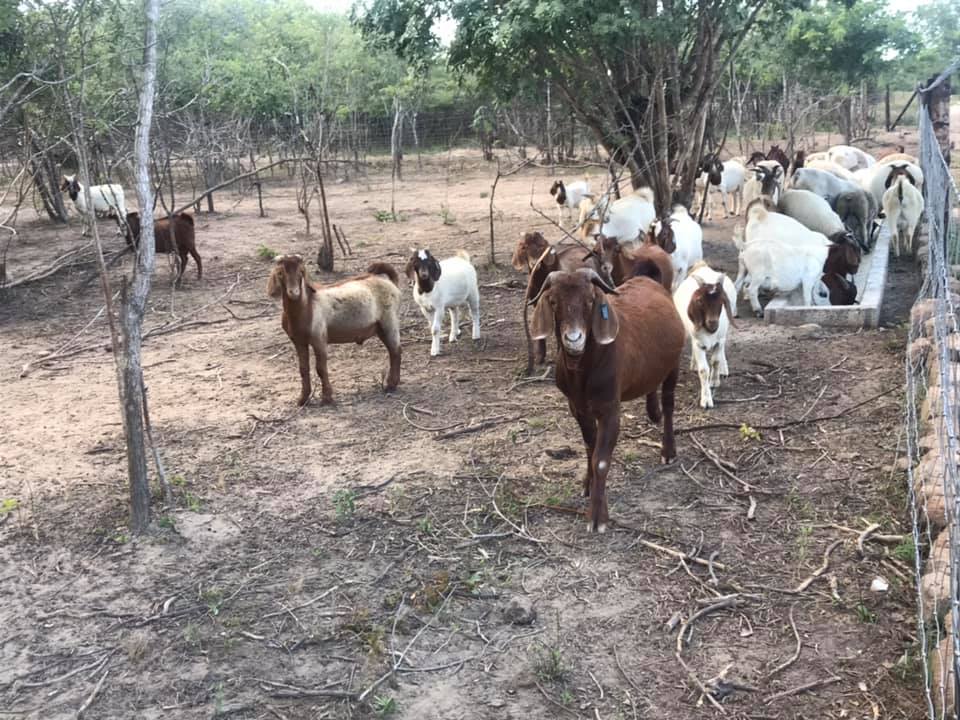Why Register?
- List Your Business
- Business Matchmaking
- WhatsApp Chat
- Personal Messaging
- Showcase Your Products
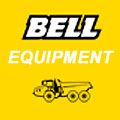
Product Pictures
With the next generation on board in the business, Irvine Bell, together with sons Peter and Gary developed and patented a cane cutting attachment that enabled the Tri-Wheeler to further mechanise cane harvesting.
Following two years of sinking water wells for a living, he took up an offer to start a farm machinery repair service on a sugar estate near Empangeni on the North Coast of Natal, South Africa. The enterprise's ability to repair even the most extensively damaged or worn machinery soon attracted work from further afield. When the business expanded in 1958, Irvine Bell built a new workshop on his smallholding.
Now joined by his brother Robert, brother-in-law Malcolm Campbell and with Eunice keeping the books, the small enterprise, I A Bell and Company, provided a general engineering service along with limited manufacturing of Irvine's various inventions.
Among them a self-loading sugar cane trailer and an overhead transfer crane for local farmers. With the family home built alongside the workshops, sons Peter, Gary and Paul grew up amongst the welding sparks and machine shop swarf in a grease filled mechanical parts intensive environment. In the early 1960's Irvine Bell saw a further opportunity to improve the sugar cane harvesting process.
While a few rudimentary cane loading machines had appeared on the scene, most were adapted farm tractors and as such lacked manoeuvrability to quickly gather a load of cane. Irvine Bell's approach was to develop a whole new class of machine.
Utilising emerging hydrostatic technology and borrowing hydraulic motors from an old motor grader, his prototype three wheeled loader was granted a patent and named the greatly manoeuvrable self propelled machine.
Able to control each of the large drive wheels independently, the Bell Tri-Wheeler could turn instantly on its own axis. Also the simple control concept, was easily assimilated by operators without any previous machinery experience. Choosing to focus on the general engineering side of his business, Irvine Bell licensed the manufacture of his Cane Loader to a Johannesburg based locomotive company that was active in cane transport at the time.
The quest to design productive mobile machinery was not lost on his sons. Peter and Gary's first go-kart, scrounged together during school holidays, could pull a small tip trailer.
And with a dozer blade fitted to the front of the cart to spread gravel, the rig was put to work repairing the dirt roads on the smallholding! By the early 1970's the business had again expanded to a new facility in Empangeni's industrial area.
With the construction of a greenfields port in nearby Richards Bay, the Company provided many innovative engineering solutions to the port's contracting consortium. Among them light-weight, high flotation earthmoving dumper trailers that could cope with the soft sand conditions.




